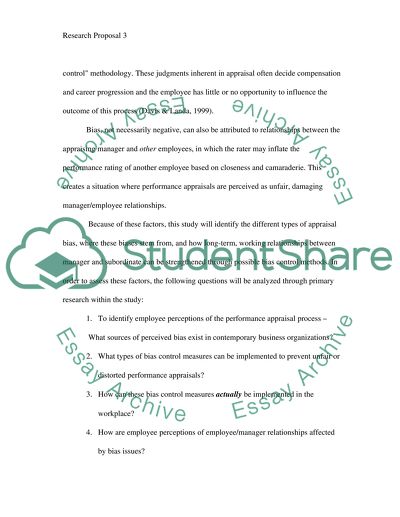Cite this document
(“Employee Perceptions of Equity in Performance Appraisals Essay”, n.d.)
Employee Perceptions of Equity in Performance Appraisals Essay. Retrieved from https://studentshare.org/human-resources/1536919-employee-perceptions-of-equity-in-performance-appraisals
Employee Perceptions of Equity in Performance Appraisals Essay. Retrieved from https://studentshare.org/human-resources/1536919-employee-perceptions-of-equity-in-performance-appraisals
(Employee Perceptions of Equity in Performance Appraisals Essay)
Employee Perceptions of Equity in Performance Appraisals Essay. https://studentshare.org/human-resources/1536919-employee-perceptions-of-equity-in-performance-appraisals.
Employee Perceptions of Equity in Performance Appraisals Essay. https://studentshare.org/human-resources/1536919-employee-perceptions-of-equity-in-performance-appraisals.
“Employee Perceptions of Equity in Performance Appraisals Essay”, n.d. https://studentshare.org/human-resources/1536919-employee-perceptions-of-equity-in-performance-appraisals.


